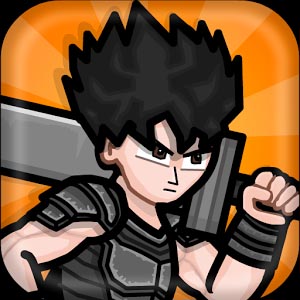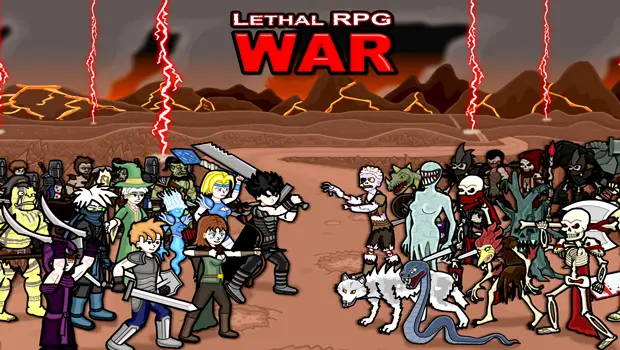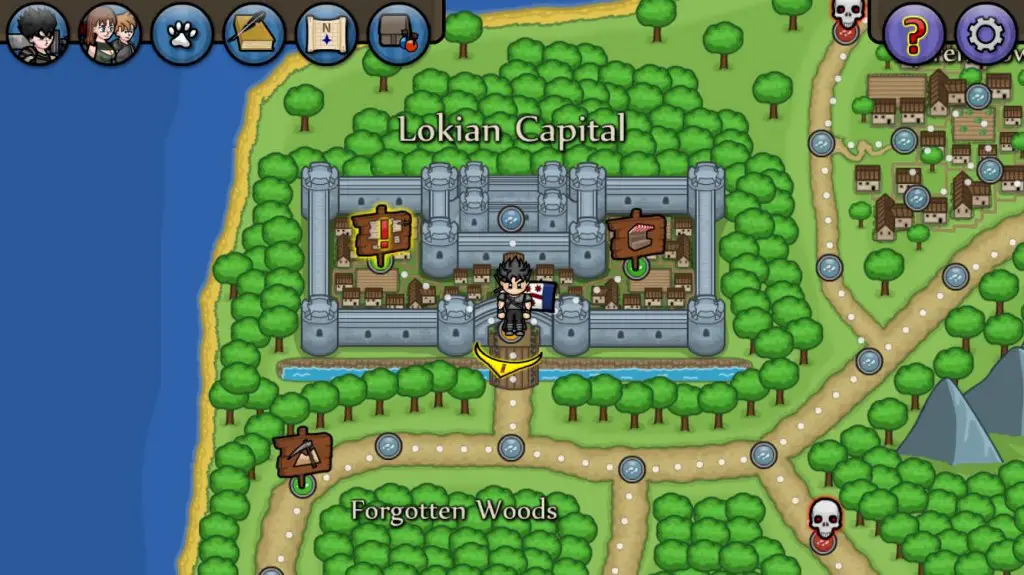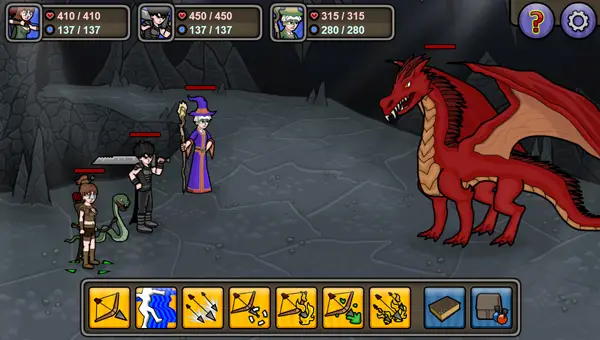 In
my experience, “intellectual” and “emotional” enjoyments constitute two
different species of the same genus. Some things, I just enjoy, and I
can’t explain why: I often still crave the sweet treats from my
childhood, even though my palate can recognize the ersatz, sugar-laden
additives that masquerade as real flavor. Other times, even unpleasant
experiences can feel good if I can rationalize them: I feel refreshed
and buoyant after a dental appointment, even though I would hardly
classify the dislodging of calcified deposits from teeth with ultrasonic
vibrations as a fun activity. The problem arises when you’re supposed to give a professional, critical analysis of something.
In
my experience, “intellectual” and “emotional” enjoyments constitute two
different species of the same genus. Some things, I just enjoy, and I
can’t explain why: I often still crave the sweet treats from my
childhood, even though my palate can recognize the ersatz, sugar-laden
additives that masquerade as real flavor. Other times, even unpleasant
experiences can feel good if I can rationalize them: I feel refreshed
and buoyant after a dental appointment, even though I would hardly
classify the dislodging of calcified deposits from teeth with ultrasonic
vibrations as a fun activity. The problem arises when you’re supposed to give a professional, critical analysis of something.
What do you say when a game is clearly just a run-of-the-mill RPG with no outstanding features, yet one that you find yourself whipping out a phone to play at every available opportunity? Because that’s the case with Australian developer Benjamin Webb’s Japanese-style Lethal RPG: War (LRW), and may the Gaming Gods absolve me of my mortal sins… because I’m giving it a good rating. I asked one of my game-designer friends what she thought were LRW’s strongest features, and the best she could come up with was “The map is cute, I guess.” And that’s really my feeling about the entire game: “I guess it’s good…” If you want a deep, immersive plot with compelling characters, try Baldur’s Gate. If you’re looking for quirky gameplay, check out Bardbarian. If you all want is pretty graphics, play Legend of Ixtona. Because LRW is really none of those things. And yet… and yet…
 Story-wise, LRW is completely banal. You’re given almost no
back-story and plunked into a pretty clichéd “Undead hordes are plaguing
the countryside” scenario. You know virtually nothing about your
starting characters’ history or motivation, and quests proceed in the
linear, step-by-step fashion that tends to reduce me to droopy-eyed
boredom. And all the quests are essentially the same: go to this spot
and kill this thing. No choices, no interesting conversations (in fact,
the dialogue is pretty dull and filled with awkward grammar), not even
unusual tactics for boss-fights. Often, side quests feel like busy-work.
Webb’s story-telling skills are clearly not his defining
characteristics. The game mechanics of LRW are nothing spectacular
either. Pretty standard turn-based fare. There’s an armor-crafting
mechanic that forms the backbone of the loot system, but it’s fairly
linear. Webb did, however, put effort into trying to differentiate the
combat styles of different characters. Lethal, your protagonist, is
pretty customizable, and has different pets that you can train. The
summoner character changes her attack type (earth, fire, air; basic
RPG-fare) based on who she’s summoning at the moment, while the
necromancer weakens foes and drains health. So while the mechanics are
standard, combat is still engaging: you have to make decisions about
which elements to use against enemies, whether or not it’s worth
inflicting status effects, how essential potions and defensive items
will be etc. The game also starts off pretty easy, but quickly ramps up
in difficulty, forcing you to use your wits to vanquish monsters. I
suspect it’s this scaffolding of combat difficulty that makes the game
so addictive, in which case, I applaud Webb for extremely clever design.
Story-wise, LRW is completely banal. You’re given almost no
back-story and plunked into a pretty clichéd “Undead hordes are plaguing
the countryside” scenario. You know virtually nothing about your
starting characters’ history or motivation, and quests proceed in the
linear, step-by-step fashion that tends to reduce me to droopy-eyed
boredom. And all the quests are essentially the same: go to this spot
and kill this thing. No choices, no interesting conversations (in fact,
the dialogue is pretty dull and filled with awkward grammar), not even
unusual tactics for boss-fights. Often, side quests feel like busy-work.
Webb’s story-telling skills are clearly not his defining
characteristics. The game mechanics of LRW are nothing spectacular
either. Pretty standard turn-based fare. There’s an armor-crafting
mechanic that forms the backbone of the loot system, but it’s fairly
linear. Webb did, however, put effort into trying to differentiate the
combat styles of different characters. Lethal, your protagonist, is
pretty customizable, and has different pets that you can train. The
summoner character changes her attack type (earth, fire, air; basic
RPG-fare) based on who she’s summoning at the moment, while the
necromancer weakens foes and drains health. So while the mechanics are
standard, combat is still engaging: you have to make decisions about
which elements to use against enemies, whether or not it’s worth
inflicting status effects, how essential potions and defensive items
will be etc. The game also starts off pretty easy, but quickly ramps up
in difficulty, forcing you to use your wits to vanquish monsters. I
suspect it’s this scaffolding of combat difficulty that makes the game
so addictive, in which case, I applaud Webb for extremely clever design.
 Finally, LRW’s art is simplistic and, as one of my colleagues put it,
“looks like it was made by a teenager”. I’m not the kind to criticize
simplicity (Badlands, for example, has elegant and beautiful 2D
black and white art), but “simple” and “simplistic” are distinct
descriptors in my book, and Lethal lands unceremoniously in the
latter category. Backdrops for combat are monotonous and rendered in
washed-out, uninspiring colors (lots of grey, for some reason). Combat
animations are unexciting. The only nice work lies in the visual
distinctions in armor and weapons as you upgrade them, which isn’t
saying much given that many games simply fail to make any distinction
whatsoever. So all in all, LRW is the kind of game I would generally
rate very low. But game design, like any art, is not about checking off a
list of “Standard Principles” or “Best Practices”. Like a good book or a
well-made dish, Lethal RPG: War is infused with a grain of
that indefinable, weirdly compelling quality that only the human
creative spark can achieve. And for me, that’s enough to make it a
decent game.
Finally, LRW’s art is simplistic and, as one of my colleagues put it,
“looks like it was made by a teenager”. I’m not the kind to criticize
simplicity (Badlands, for example, has elegant and beautiful 2D
black and white art), but “simple” and “simplistic” are distinct
descriptors in my book, and Lethal lands unceremoniously in the
latter category. Backdrops for combat are monotonous and rendered in
washed-out, uninspiring colors (lots of grey, for some reason). Combat
animations are unexciting. The only nice work lies in the visual
distinctions in armor and weapons as you upgrade them, which isn’t
saying much given that many games simply fail to make any distinction
whatsoever. So all in all, LRW is the kind of game I would generally
rate very low. But game design, like any art, is not about checking off a
list of “Standard Principles” or “Best Practices”. Like a good book or a
well-made dish, Lethal RPG: War is infused with a grain of
that indefinable, weirdly compelling quality that only the human
creative spark can achieve. And for me, that’s enough to make it a
decent game.